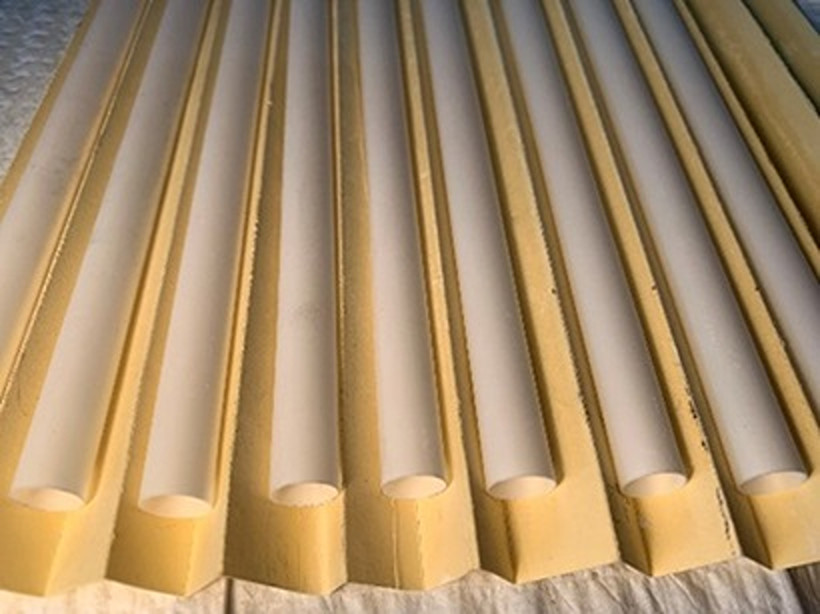Hadean Energy has been awarded a grant through the AUD 10 million ($6.64 million) Australia-UK Renewable Hydrogen Innovation Partnerships program to deliver a 5 kW pilot electrolyzer featuring technology that can produce hydrogen using 30% less electricity than existing alkaline and polymer electrolyte membrane (PEM) technologies.
The Victoria-based outfit will collaborate with the UK arm of EDF, software firm MCG UK, environmental services company Minviro, Cranfield University, and Australian software platform provider Certscape to deliver the 5 kW pilot electrolyzer system.
Hadean said the initiative will allow it to showcase its tubular solid oxide electrolysis (SOE) technology, which it says will pave the way for industrial decarbonization through affordable green hydrogen production.
The SOE technology, which uses ceramic tubes with electrodes on the inside and out, produces hydrogen by electrolyzing water using a combination of heat and electricity. Steam runs inside the tubes, and when an electric current is applied, the steam splits into hydrogen and oxide ions. Ceramic membranes are oxide ion conductors and separate oxide ions, as oxygen, from hydrogen at the same time under applied potentials. The rest is pure hydrogen.
Hadean said the technology requires less than 40 kWh of electricity to produce a kilogram of hydrogen while alkaline and PEM alternatives require about 60 kWh/kg of hydrogen.
“In a world where efficiency wins, Hadean has a clear advantage,” said Hadean Chief Executive Officer Chris Rowland. “Our technology is 30% more efficient than incumbent electrolyzers, producing hydrogen at less than 40 kWh per kilogram at the system level.”
It is expected the electrolyser will be built at Hadean’s facility in Melbourne before it is transported to the United Kingdom.
The EDF installation is the second planned trial of the technology in an industrial environment with Hadean to install a pilot scale demonstration plant at BlueScope’s Port Kembla Steelworks on the New South Wales south coast. That four-month trial is expected to start in the coming months.
This content is protected by copyright and may not be reused. If you want to cooperate with us and would like to reuse some of our content, please contact: editors@pv-magazine.com.




2 comments
By submitting this form you agree to pv magazine using your data for the purposes of publishing your comment.
Your personal data will only be disclosed or otherwise transmitted to third parties for the purposes of spam filtering or if this is necessary for technical maintenance of the website. Any other transfer to third parties will not take place unless this is justified on the basis of applicable data protection regulations or if pv magazine is legally obliged to do so.
You may revoke this consent at any time with effect for the future, in which case your personal data will be deleted immediately. Otherwise, your data will be deleted if pv magazine has processed your request or the purpose of data storage is fulfilled.
Further information on data privacy can be found in our Data Protection Policy.